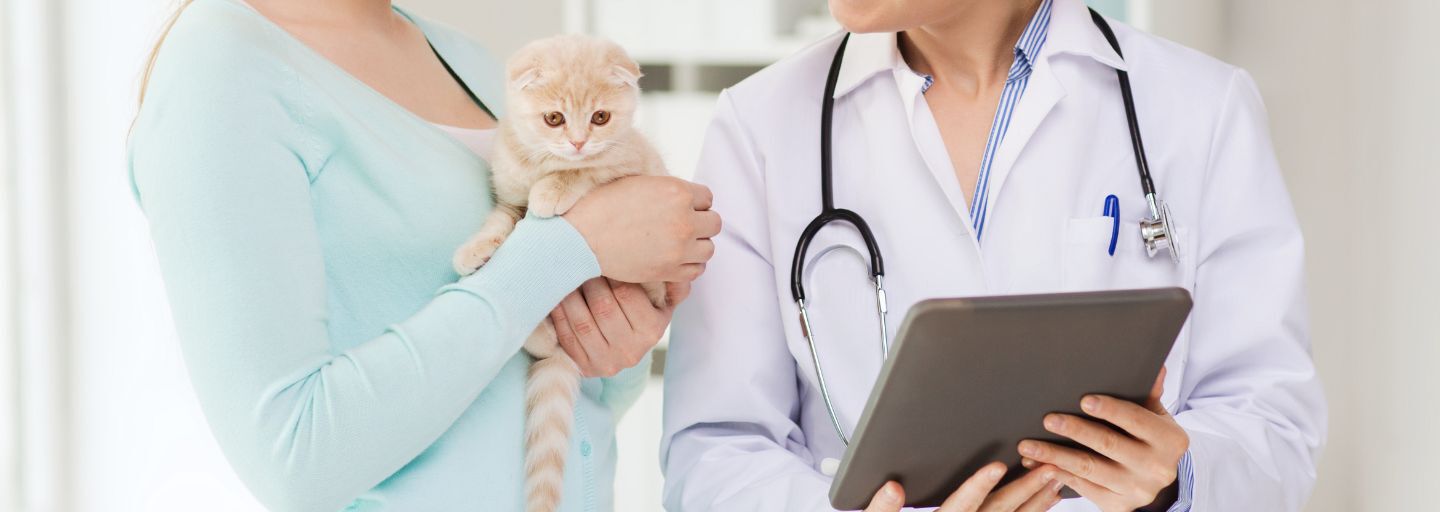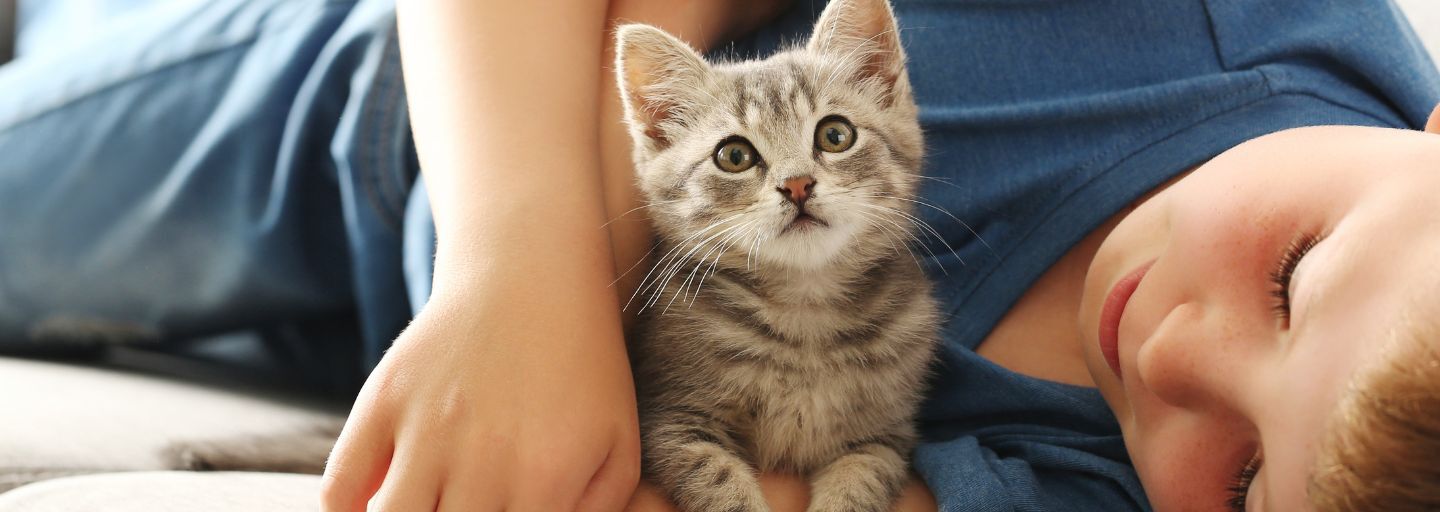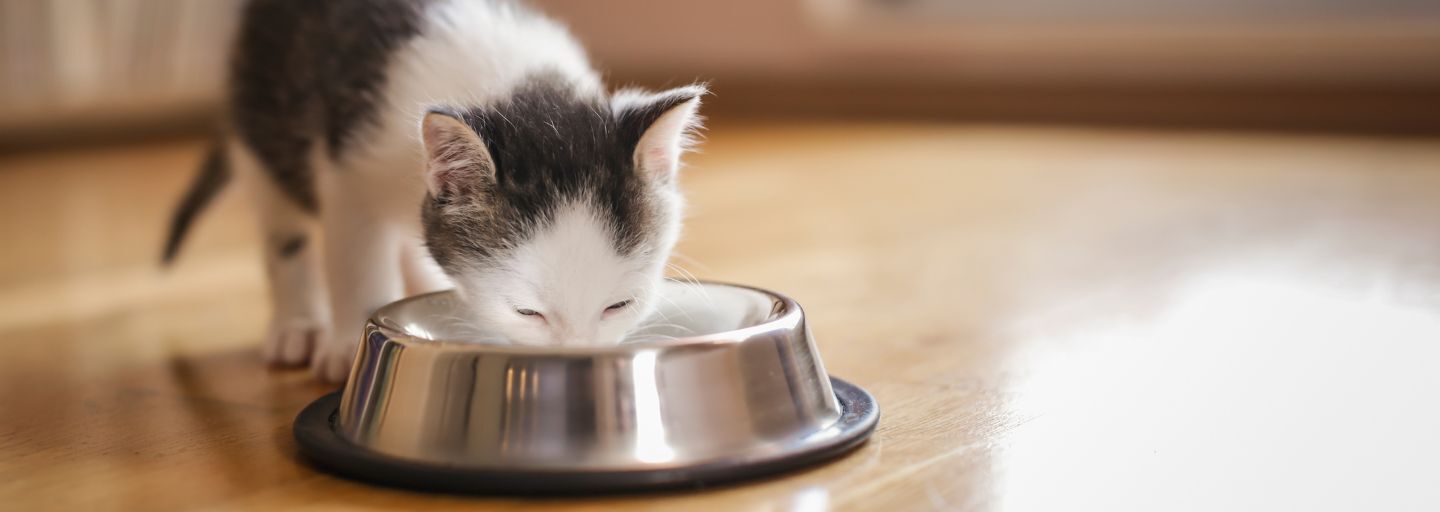Before you pick up your new kitten and take it home, make sure that they have had their first vaccination. This first vaccination is an incredibly important part to any new kitten’s life as it provides the foundation for a strong immune system that can protect them against disease.
Why should you get a Vaccination?
Vaccinations are essential for safeguarding your kitten’s health as they provide essential protection against serious and potentially life-threatening diseases. By vaccinating your kitten, you not only help to prevent individual illness but also contribute to the overall health of the feline population. Vaccinated kittens help establish herd immunity which reduces outbreak and makes it less likely to contract and spread infectious diseases, which is particularly important in community settings where multiple cats interact.
How do Vaccines work?
Vaccines or vaccinations work by stimulating the animal's immune system so that their body's natural defences are prepared and fully equipped with antibodies to fight against any diseases. Unfortunately, if your cat is not properly vaccinated, their body's immune system will not be armed to fight off any virus or bacterial infection.
What is the best Vaccination Schedule?
Kittens should receive their first vaccination between 6 to 8 weeks of age. Kittens should have a course of three vaccinations, normally given 4 weeks apart:
• 6 – 8 Weeks: First Vaccination (Temporary)
• 10 – 12 Weeks: Booster Vaccination
• 14 – 16 Weeks: Final Vaccination
Adult cats require an annual vaccination booster for life. Your vet clinic will send you a reminder a few weeks before your cat is due for their yearly booster.
What do vaccinations protect against?
Cats need to be protected against the following serious and sometimes fatal diseases:
If your kitten is going to socialize outside, we recommend speaking to your vet about an FIV Vaccination. The FIV Vaccination requires a course of 3 vaccinations, usually given at 10, 12 & 14 weeks of age. Cats being vaccinated for FIV after 6 months will require a blood test before receiving the vaccination.
FIV (Feline Immunodeficiency Virus) – While FIV cannot be transmitted between cats and humans, it acts in the same way as HIV does in humans. It is a blood-borne viral infection that destroys the immune system, leaving a cat susceptible to infections and disease. The symptoms of FIV include sores, lesions, and diarrhea progressing to severe chronic infections as the immune system is overcome. There is no treatment or cure for the virus itself.







